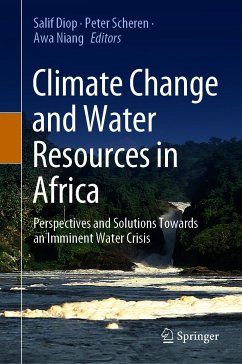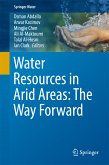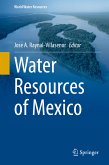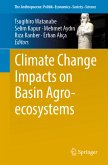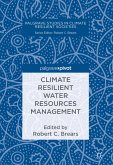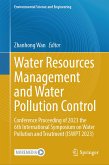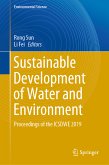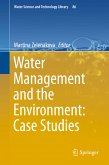With this in mind, this book has been dedicated to providing a deeper analysis of the effects of climate change on water resources in some of the most vulnerable areas in Africa, including the approaches that may help reduce or mitigate the impacts of climate change. In this regard, while there is no quick fix to the pressures imposed on water resources by climate change, it is clear that increasing the resilience of ecosystems and communities to extreme events such as flooding and drought, and integrating climate change risks and opportunities into development decision making, will be key.
It is also important that wealthier countries as well as major current GHG-emitting countries assume responsibility for their historic GHG emissions and support those countries that are most impacted by those emissions to adapt to such impacts, while reducing their own carbon footprints. As a whole, this book intends to contribute to the debate around climate change in relation to water resources management in the African continent, and in particular inform policy decisions and actions that will improve governments' and communities' ability to manage the challenges of climate change and variability in relation to the aquatic ecosystems upon which theydepend.
Dieser Download kann aus rechtlichen Gründen nur mit Rechnungsadresse in A, B, BG, CY, CZ, D, DK, EW, E, FIN, F, GR, HR, H, IRL, I, LT, L, LR, M, NL, PL, P, R, S, SLO, SK ausgeliefert werden.

